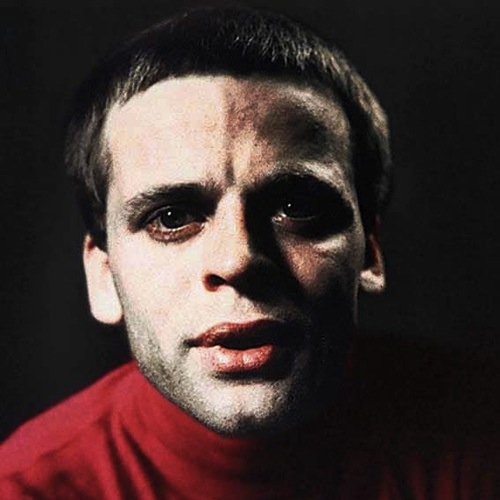Kinski’s Paganini
This post originally appeared on the ‘fiddlefish.com’ blog. It’s here for archival purposes only.
What’s the finest Classical Music movie out there? Is it the revered 1980’s Milos Forman bio-pic “Amadeus?” Perhaps Gary Oldman’s “Immortal Beloved” should be considered? Indeed, there are many good ones and many that are poor. For me, there are so few that really make a mark. I give high points to Polanski’s “The Pianist” and Haneke’s “The Piano Teacher,” but Classical Music in both are really backdrops, not subjects. I may be alone with this, but there is a gem of a movie that really does me good. It’s called “Kinski’s Paganini” and it’s a complete unknown.

What’s striking when one presses play on this ultra low-budget project from renown actor Klaus Kinski, is that the same year, Tim Burton’s original “Batman” with Michael Keaton glossed the silver screen. Burton’s original Batman was the highest budgeted movie in history in 1989, and one gets a sense that “Kinski’s Paganini” could have been the lowest. The quality of the lighting, editing, sound, are all commensurate to something which dates to the experimental days of Film (if it were not for the fact that the picture is in color). Moreover, “Paganini” has no story, the soundtrack is a tedious loop of Paganini caprices from Salvator Accardo; as Klaus stumbles from scene to scene ranging from the hum-drum of commuting in the 1800’s, to fornicating with minors, one is tempted to press stop. All in all, it’s a bit of a masterpiece.
For me, the biggest allure of this film is how I finally bumped into it. If it were not for my love of movies, no amount of exposure to all things violin could have brought this film to my attention. It all began with an introduction to Filmmaker Werner Herzog. Herzog was someone I discovered fairly late. I think I first caught one of his more esoteric documentaries, then his “The Enigma of Kaspar Hauser” shortly thereafter (still, my absolute favorite Herzog film). Remarkably, I had probably seen five Herzog films before being introduced to his famed leading man: Klaus Kinski. When one is introduced to a Herzog / Kinski collaboration, it’s hard to forget. It’s an event! There exists an entire documentary devoted to their working relationship which spanned many films and many years. Paired up, Kinski and Herzog are a kind of demonic version of Curious George and The Man with the Yellow Hat.
The epilogue scene to Herzog’s last Kinski-casted film, “Cobra Verde”, has Klaus writhing in defeated frustration as his character struggles to move a marooned boat back into the water and take him home. They would never work again, despite Kinski’s pleads for Herzog to direct his Paganini project some years later. Herzog was through with Kinski, and it makes me wonder what “Paganini” would have been like if it were Herzog who had taken the helm. Alas, it would be Kinski who would write, direct, act, edit and produce “Paganini.” Also, Kinski casted his entire family in the supporting roles.
Knowing how important “Paganini” was to Kinski is a precursor for anyone about to watch it. Klaus Kinski was the equivalent of John Lennon in his native Germany. A mega-star his entire life, Kinski took solace in Niccolò Paganini. He considered himself to be a reincarnation of this violinist-celebrity from 150 years prior (Niccolò was, in his time, a demi-god and an obsession of the Western World). A true method actor, if one visited Kinski’s California town, one could find a living, breathing Niccolò. “Paganini” would be Kinski’s Swan Song as no project came thereafter.
There is much to celebrate in Kinski’s last performance, of course. Even as an ailing actor, he gives so damn much of himself. He lives for every moment of every scene and it’s inspiring to see such complete generosity in a performance. Kinski even looks like a version of Niccolò, and, most appreciated by this violinist, Klaus wears finger prosthetics to replicate Paganini’s freakish endowment (extremely long, thin fingers, for those who are in the dark).
“Kinski’s Paganini” is one of my all-time favorite films. It’s raw, sincere, and an important film with regards to Kinski the artist. Any violinist should catch it at least once; if you can locate it. But don’t expect to be swooned by the sweetness of a Romantic-era period film. This is no “The Red Violin.”